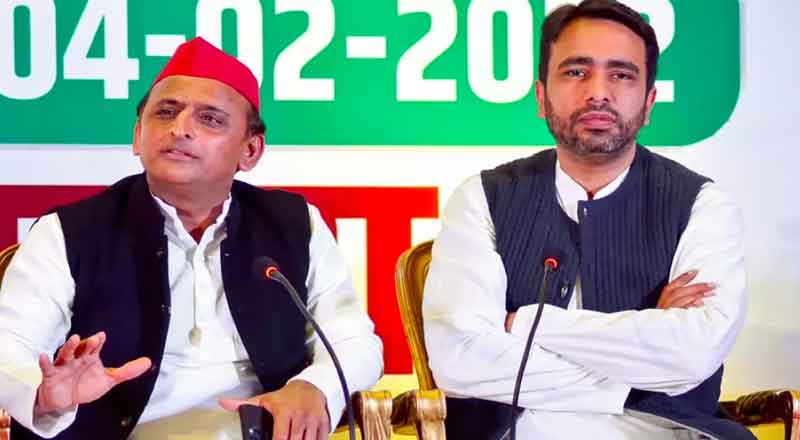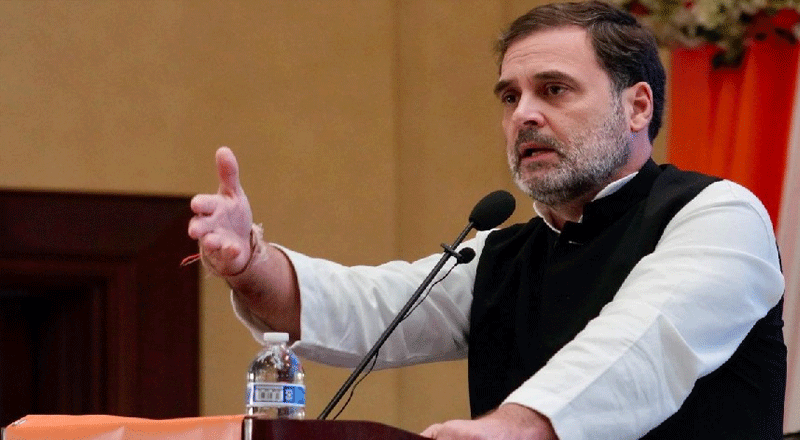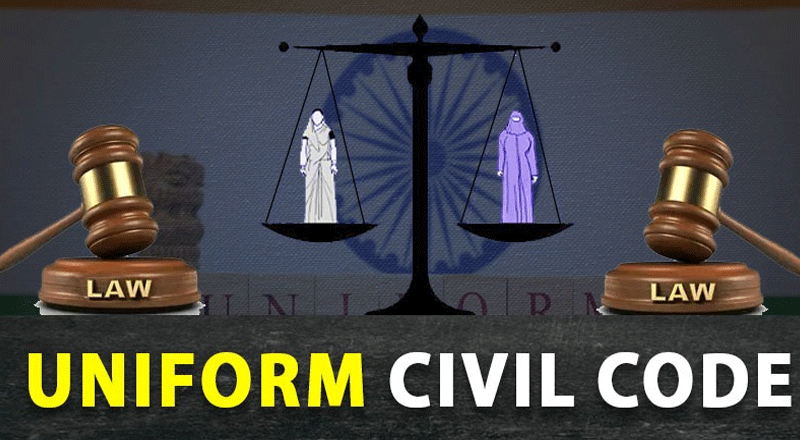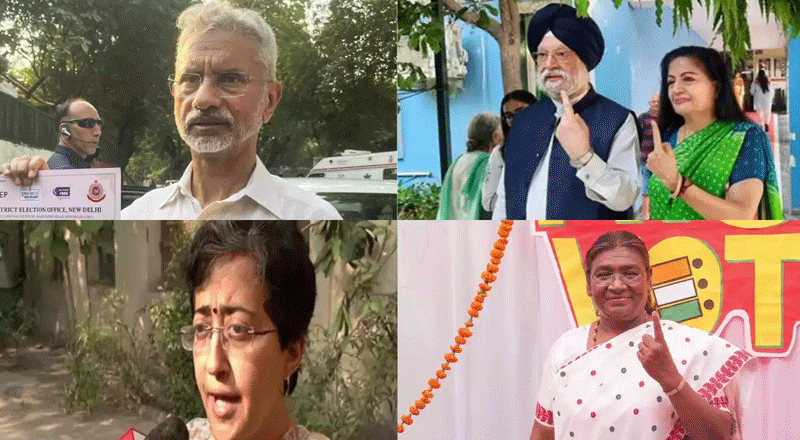The Rashtriya Lok Dal (RLD), a constituent party of the INDIA bloc, is unhappy over uncertainty over seat-sharing in Uttar Pradesh, according to a report.
The report of RLD’s unhappiness over seat-sharing with fellow INDIA partner Samajwadi Party (SP) comes at a time when Congress and SP also appear to have differences over seat-sharing in UP. Last month, SP supremo and former UP Chief Minister Akhilesh Yadav unilaterally announced that Congress will contest on 11 of the 80 seats in the state in the 2024 Lok Sabha elections.
In UP, Congress, SP, and RLD are contesting the 2024 general elections as part of the INDIA bloc, but there are signs that the three parties are not entirely comfortable with each other over seat-sharing pacts. Akhilesh’s unilateral announcement of Congress contesting on 11 seats came as a surprise and the Congress later said “constructive” discussions were still going on, suggesting the two parties were not exactly on the same page.
Here we explain why RLD is unhappy in UP over seat-sharing, what other challenges RLD faces, and how INDIA bloc stands in UP.
The Rashtriya Lok Dal (RLD) is unhappy over the uncertainty of seat-sharing pact with the Samajwadi Party (SP) in Uttar Pradesh, according to a report.
Last month, RLD and SP came to an agreement that the RLD will contest on seven seats in UP in the 2024 general elections.
The specific seats on which RLD will contest were not specified and it is this lack of clarity that’s behind RLD’s unhappiness, according to The Indian Express.
The party leaders, however, said that SP-RLD pact would remain despite the unhappiness and even if the Congress-SP pact fails over their differences.
“Despite what happens between the Congress and the SP, we will continue our alliance with the SP as going with the Congress, which lacks a voter base in the state, will not be beneficial for us. Jayant ji and Akhilesh ji have refused to release which seats the RLD will get and this has resulted in some anxiety among leaders who are preparing to contest on the RLD symbol,” said a senior RLD leader to The Express.
Earlier, it was reported that all the seven seats that the RLD will contest will be in West UP. The Hindustan Times cited sources to report that Baghpat, Mathura, Muzaffarnagar, Bijnore, Meerut, Amroha, and Kairana are expected to be the seats in RLD’s quota. Some of these seats, however, such as the Meerut or Muzaffarnagar, have a strong SP base and it is not clear if the party would allow RLD to contest from these seats.
The Express too reported along these lines and quoted a leader as saying that the RLD is sure about Baghpat and Mathura, but not the rest of the seats.
“We are sure we will get Baghpat and Mathura. But for seats such as Meerut, Muzaffarnagar, Nagina, Agra and Hathras, there is no certainty. Hence, the candidates there are not sure about whether to keep their options open or not,” said a party leader to the paper.
RLD Faces Challenges To Stay Relevant
The Rashtriya Lok Dal (RLD) was founded in 1996 as a breakaway faction of the Janata Dal by late Ajit Singh, the son of late farmer leader Chaudhary Charan Singh, the former Prime Minister of India and the tallest icon of the party.
The RLD is closely associated with the farming and Jat communities in West UP. Singh, also from the Jat community, remains one of the tallest farmer leaders of India and farmers’ causes were central to his public and political life.
Since its founding, the RLD has been run on the back of Singh’s legacy and Ajit and his son Jayant Singh have often invoked his memory as he remains dear to the region and particularly to the region’s influential Jat community. For years, RLD was seen as the custodian of the Jat vote-bank in the region, but its sway has withered in recent years as even Jayant and Ajit lost both the 2014 and 2019 general elections.
As of now, RLD does not have any MP in Lok Sabha and its lone Rajya Sabha member is party chief Jayant. Such a state for a party once seen as a leading force in the region puts the party’s relevance under question. One reason for the reversal of fortunes is the shift of the Jats to the Bharatiya Janata Party (BJP).
The Jats have voted for the BJP in recent years and have continued to vote for the party despite leading the charge in the farm protests. While this may puzzle many, Bijnor-based Jat leader Digambar Singh earlier told Outlook that Jats don’t vote as a bloc and that explains their participation in protests and simultaneous vote for the BJP.
“There are sections of Jats aligned with the BJP as well as the RLD. The Jats don’t vote as a collective as there is no one Jat leader. There is no Chaudhary Charan Singh or Mahender Singh Tikait anymore to lead the community and become its face. Jats vote depending upon their personal preferences and calculations on which party better suits their interests,” said Singh, Youth State President of Bharatiya Kisan Union-Apolitical (BKU-A).
As for the Jats voting patterns, Singh said that a section of the community —around 40 per cent in his analysis— votes for the BJP for reasons like personal preference and law and order and another 20 per cent goes with the flow and the rest are with RLD or are undecided.
He told Outlook, “While the BJP has not been able to do much on corruption in the state despite trying, it has managed to improve the law and order situation. For rural families, particularly whose women have to go out, better law and order is a big factor. A person may overlook low prices for crops if there is a sense of safety.”
INDIA Bloc’s Troubles In UP
After the fallout of the INDIA bloc in West Bengal, Punjab, and Bihar, there are signs that the INDIA member parties are not on the same page in Uttar Pradesh as well.
In West Bengal, Chief Minister and Trinamool Congress (TMC) supremo Mamata Banerjee said she would go solo and not partner with Congress. In Punjab, CM Bhagwant Mann of Aam Aadmi Party (AAP) said the party would go solo in the state. In Bihar, CM Nitish Kumar, ironically one of the principal architects of the bloc, jumped ships and quit the INDIA bloc to join the Bharatiya Janata Party (BJP)-led National Democratic Alliance (NDA).
In UP too, Samajwadi Party (SP) is unilaterally calling the shots. SP chief Akhilesh Yadav unilaterally announced that Congress would contest on 11 seats in the state. The announcement took Congress by surprise and it continues to maintain even now that the talks are ongoing and not final. It was not just the unilateral announcement that hurt but also the number of seats. As per reports, Congress is pushing for 20-25 seats whereas Akhilesh announced the allocation of 11 seats.
There are also tensions between SP and RLD over the specific seats RLD will contest. The RLD reportedly wants plum seats of Meerut and Muzaffarnagar and the SP may not agree to the demand.
Kumar Abhishek noted in an article for India Today that even though the Congress party was caught off-guard, it “responded ambiguously, neither accepting nor rejecting Akhilesh’s decision”.
There is further friction as SP is not just allocating 11 seats for Congress but is also decided which ones, according to Abhishek.
“It is also noteworthy that SP has not only reserved 11 seats for Congress but also selected which ones, although this has not been officially announced yet. According to sources, SP has prepared a list of seats for Congress, including Amethi and Rae Bareli, and others in Western Uttar Pradesh like Fatehpur Sikri or Agra, Bulandshahr, Noida, Ghaziabad, Saharanpur, Kanpur, and Maharajganj, if talks progress favourably,” reported Abhishek.
Abhishek further wrote that two or four more seats could be allocated to Congress, but the party is unlikely to accept the demand of 25 seats of Congress.
With the fallout of the INDIA bloc in West Bengal and Punjab and friction in UP, the basic premise of the INDIA bloc of converging all non-BJP votes is in question. The RLD and Congress are both extremely marginal players in UP and, among the non-BJP camp, only SP and Bahujan Samaj Party (BSP) have large bases. The absence of BSP from the INDIA bloc is also a blow to the idea of the converging all non-BJP voters at the same candidate.





